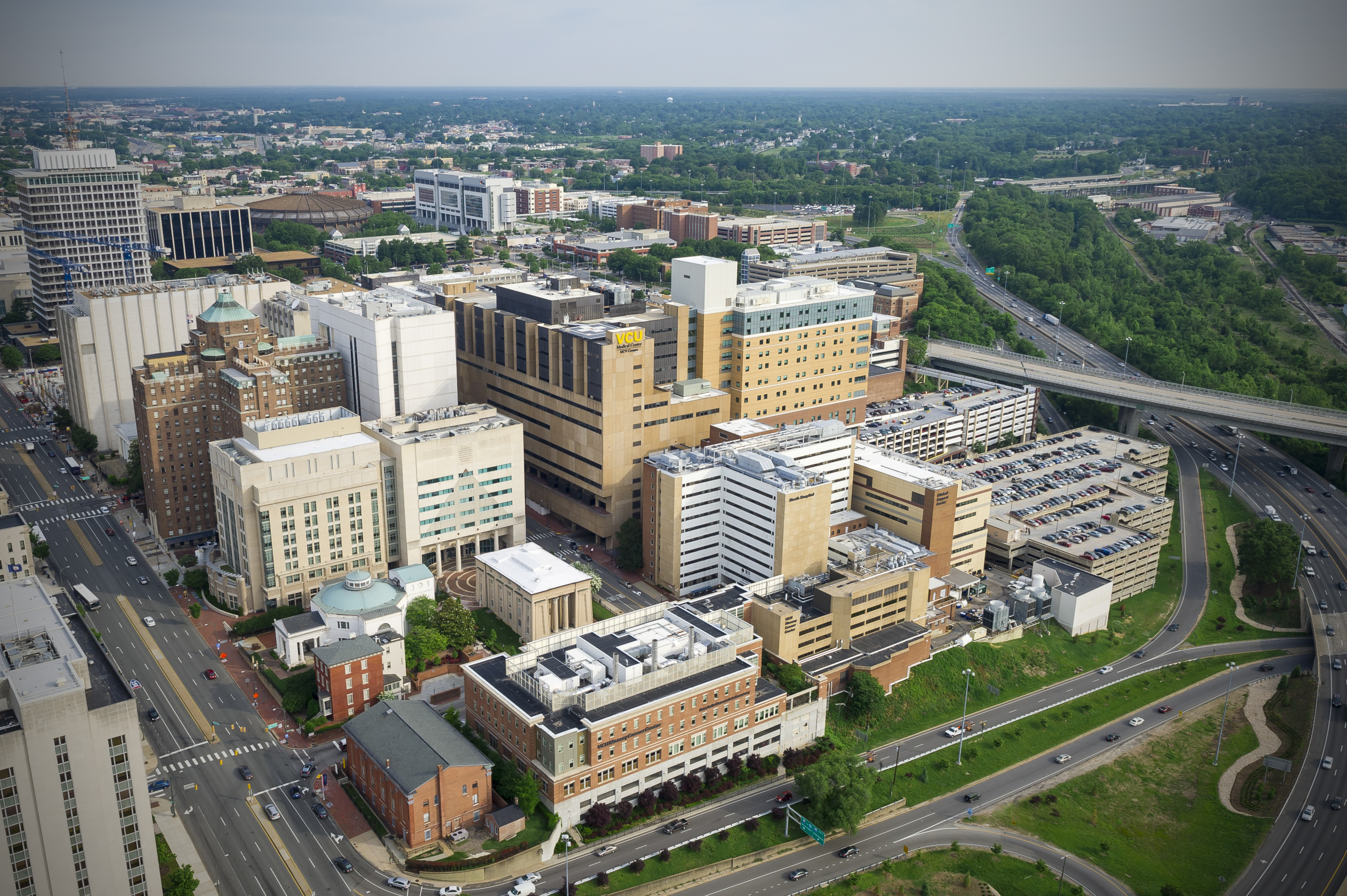Led by the NPO at VCU Massey Comprehensive Cancer Center
In partnership with the VCU Center on Health Disparities, the VCU Massey Comprehensive Cancer Center serves as the National Program Office (NPO) for the Alliance. The NPO helps lead and support Alliance grantees in the development and deployment of evidence-informed strategies aimed at improving equitable, patient-centered cancer care and address access barriers related to social drivers of health (SDOH). Grantees partner with community-based and health care organizations to implement multilevel interventions for patients from underserved communities. Alliance grantees are also working together on ways to better assess and inform the equity of care delivery strategies.
Following the 5-year program, a cross-site evaluation will be conducted by the NPO and results will be widely disseminated in an effort to advance equitable health outcomes and improve the health and wellbeing of cancer patients from vulnerable populations.
Meet the Grantees
The Oncology Equity Alliance
Boston Medical Center (BMC) is helping patients that have been historically marginalized navigate the complexities of cancer care when seeking treatment in their safety net medical center. In partnership with key stakeholders including patients, providers, the Boston Public Health Commission and national public health leaders, BMC is implementing the Oncology Equity Alliance, a multilevel systems intervention using evidence-based patient navigation to reduce inequity in cancer care delivery while improving the patient experience. In addition to individualized screening for social and psychological distress, enhancements to existing navigation systems include coordination and communication with cancer care team members, development of a real-time patient registry and new cancer center navigation policies to ensure sustainability.
Learn more about BMC’s efforts to advance equity in cancer care
Promoting Access, Resources and Treatment through Novel and Equitable Solutions (PARTNERS) for Cancer Care
PARTNERS for Cancer Care at Case Comprehensive Cancer Center is providing patient navigation, support services and education to overcome systemic barriers to care. Using a network of community partners to help address social determinants or drivers of health among racial/ethnic minorities and low-income individuals, this multilevel intervention aims to improve equitable delivery of cancer care services while informing treatment decision-making and patient-tailored care.
Learn more about PARTNERS' efforts to advance equity in cancer care
Increasing Access to Cancer Care in Rural Montana
Conquer Cancer®, the ASCO Foundation is collaborating with Bozeman Deaconess Hospital Cancer Center and Barrett Hospital and HealthCare to improve access to high-quality cancer care in rural Montana. This multi-year pilot program aims to address geographic barriers to cancer care by expanding the reach of treatment and support services at rural hospitals and clinics – enabling these sites to serve as primary points of contact for every patient, everywhere – including those living in remote settings. Conquer Cancer®, the ASCO Foundation, received the grant funding to carry out program efforts.
Learn more about Conquer Cancer®, the ASCO Foundation's efforts to advance equity in cancer care
Ensuring Cancer Care Equity for North Baton Rouge
Mary Bird Perkins Cancer Center (MBPCC), the largest cancer care organization in Louisiana, serves individuals through Louisiana and southwest Mississippi. Through the Alliance, MBPCC is engaging cross-sector community partners to provide comprehensive patient navigation services for underserved patients in North Baton Rouge. MBPCC is working to provide care coordination, patient-centered communication and engagement and support services to improve cancer equity.
Learn more about MBPCC’s efforts to advance equity in cancer care
Expanding the Integrated Cancer Care Access Network to Improve Health Equity among Urban Underserved Cancer Patients
Memorial Sloan Kettering Cancer Center is expanding its Integrated Cancer Care Access Network (ICCAN), which is designed to better serve New York City’s diverse patient population, including those with limited English proficiency. Through its extensive network of over 300 partners, ICCAN is facilitating access, navigation and education activities to improve access to patient-centered care and support services, such as language translation and interpretation, while improving patient outcomes.
Learn more about Memorial Sloan Kettering's efforts to advance equity in cancer care
RWJBarnabas Health Alliance for Equity in Cancer Care
RWJBarnabas Health, together with Rutgers Cancer Institute of New Jersey, the state’s only National Cancer Institute-designated Comprehensive Cancer Center, is expanding patient navigation services through its Oncology Access Center. Serving as a one-stop point of entry for oncology services across the health system, the Oncology Access Center will help address underlying social determinants of health to reduce barriers to care. In addition, technology-based tools and patient-centered communication strategies will be used to streamline referrals to specialists and oncology support services for vulnerable populations.
Learn more about RWJBarnabas Health's efforts to advance equity in cancer care
Comprehensive Connected Cancer Care (C4) Program
The University of Kentucky (UK) Markey Cancer Center is enhancing coordination and access to patient centered and culturally-appropriate care through its C4 Program. The C4 Program is a multilevel intervention that will utilize digital tools to facilitate psychosocial screening, patient navigation, remote patient monitoring, as well as patient and provider education. Coupled with implementation of Commission on Cancer standards, these efforts aim to address social determinants or drivers of health that are found to contribute to the significant disparities in cancer outcomes in Kentucky.
Learn more about UK Markey Cancer Center’s efforts to advance equity in cancer care
Health Equity Report Card for Community Settings
The Health Equity Report Card (HERC) was developed by the Elevating Cancer Equity Working Group as a tool to advance more equitable care delivery. The report card includes key performance measures and equity practices across four key areas: community engagement, accessibility of care and social determinants of health, addressing bias in care delivery and quality and comprehensiveness of care. NCCN is adapting the HERC for community settings, evaluating the feasibility as well as scalability of the tool for routine practice.
Learn more about NCCN's efforts to advance equity in cancer care
